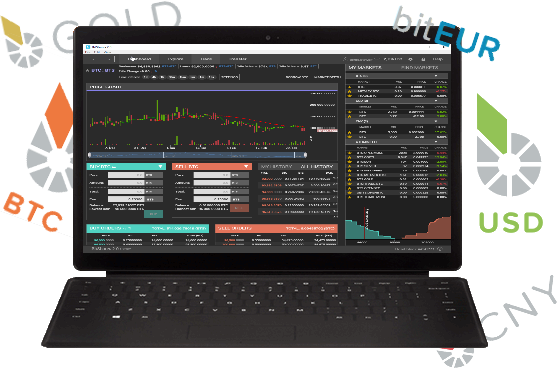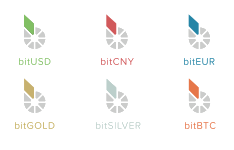BitShares is a Decentralized Exchange and Fintech Platform

BitShares is built to be fast, efficient and scalable to handle the tens of thousands of transactions per second that go with being a decentralized exchange. To understand the assets that are traded on the BitShares decentralized exchange one needs to understand the stable assets, called smartcoin, and the digitized assets, called user-issued assets. Finally, BitShares is built to be autonomous in funding and employing its own workers.
Fast, Efficient and Scalable

Blockchains analysed under the Decentralized Autonomous Company (DAC) metaphor reveal the importance of reducing transaction cost, increasing the speed of transactions and making the system scalable to be able to rival existing financial institutions.
BitShares is designed with these constraints in mind, eliminating the Proof of Work (PoW) security in Bitcoin for Delegated Proof of Stake (DPoS) which is cheaper and more efficient. This enables BitShares to have near instant transactions with extremely low fees, and an infrastructure that scales to the size of Visa/PayPal and beyond.
Decentralized Exchange
Currently cryptocurrencies like Bitcoin are traded at large exchanges, which follow the traditional logic of centralization, with a single point of failure for corruption, information-theft, coercion, robbery, fraud, and so on, and this is just what we have seen happen in the cryptocurrency space and for Bitcoin exchanges.
The solution is no further away than using the technology behind Bitcoin, the blockchain, to create decentralized exchanges. BitShares was partly designed with this in mind, hence the importance placed on speed, efficiency and scale. The New York Stock Exchange and Wall Street will soon face disruptive competition from projects like BitShares.
Smartcoins and User-Issued Assets

With BitShares it is possible to trade many different types of assets in addition to the native cryptocoin. In particular, there are what are called Smartcoins and User-Issued Assets.
Smartcoins are coins like bitUSD, bitGOLD, and bitCNY that track the value of their counterparts, so that 1 bitUSD today will be worth 1 USD a week, month or year from now. With Smartcoins, people can enjoy the benefits of the blockchain payment network without being exposed to the volatility associated with its disruptive yet nascent stage of development.
User-Issued Assets are, as the name suggests, assets issued by the user – meaning anyone can issue their own asset. The issuer of the asset can set various levels of control that they have of the asset, including having no control at all. Assets can be used for an amazing variety of things, including doing crowd-fund with equity, using them for property rights, or even using them as VIP tickets or just fan-tokens.
Self-Funded Development

Organic, self-funded, digital growth is now possible. The technology underlying BitShares allows shareholders to vote for three distinct types of employees, 1) witnesses 2) delegates and 3) workers. The witnesses are paid to process transactions and secure the network. The delegates are not paid but are in an honorary position of trust to propose updates to the BitShares network. Finally the workers can propose any project and if they are voted in they can get paid to work on their project.
This system makes BitShares the first blockchain able to hire its own employees in a completely decentralized way, with every person holding BitShares tokens having a say in the process.
Conclusion
BitShares is enables an open, scalable decentralized exchange and fintech platform with smartcoins, a novel type of financial instrument. It also organizes itself and funds its own work and development, effectively making it the first DAC (or "DAO") to reach the free market. What will the future hold for BitShares? With the founder starting up Steem (this platform!) we can be optimistic that BitShares will return to its rightful prominent place in the cryptoeconomy.
Original version posted on my BitSpace blog
Read more about..
DACs
DPoS
Smartcoins
User-Issued Assets
Decentralized exchange
Self-Funded Development


